Search
Search Results
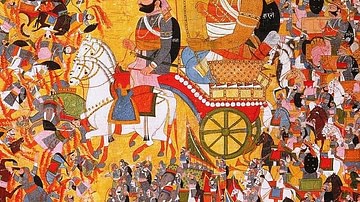
Definition
Mahabharata
The Mahabharata is an ancient Indian epic where the main story revolves around two branches of a family - the Pandavas and Kauravas - who, in the Kurukshetra War, battle for the throne of Hastinapura. Interwoven into this narrative are several...

Definition
Medusa
Medusa is a figure from Greek mythology, the only mortal of the three Gorgons, along with her immortal sisters, Stheno and Euryale. The three Gorgons were born to the sea god of the dangers of the hidden deep, Phorcys, and the goddess of...

Article
Medieval Cures for the Black Death
The Black Death is the 19th-century CE term for the plague epidemic that ravaged Europe between 1347-1352 CE, killing an estimated 30 million people there and many more worldwide as it reached pandemic proportions. The name comes from the...
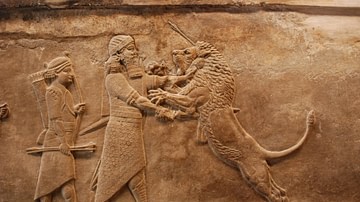
Definition
Mesopotamia
Mesopotamia (from the Greek, meaning 'between two rivers') was an ancient region located in the eastern Mediterranean bounded in the northeast by the Zagros Mountains and in the southeast by the Arabian Plateau, corresponding to modern-day...
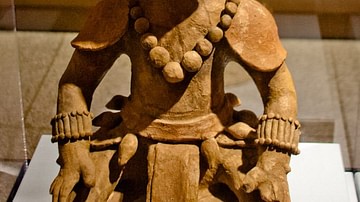
Definition
Maya Civilization
The Maya are an indigenous people of Mexico and Central America who have continuously inhabited the lands comprising modern-day Yucatan, Quintana Roo, Campeche, Tabasco, and Chiapas in Mexico and southward through Guatemala, Belize, El Salvador...

Definition
Mongol Empire
The Mongol Empire (1206-1368) was founded by Genghis Khan (r. 1206-1227), first Great Khan or 'universal ruler' of the Mongol peoples. Genghis forged the empire by uniting nomadic tribes of the Asian steppe and creating a devastatingly effective...
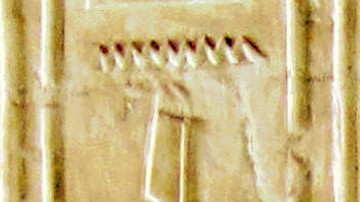
Definition
Menes
Menes (c. 3150 BCE) is the legendary first king of Egypt who is thought to have united Upper and Lower Egypt through conquest and founded both the First Dynasty and the great city of Memphis. His name is known from sources such as Manetho's...
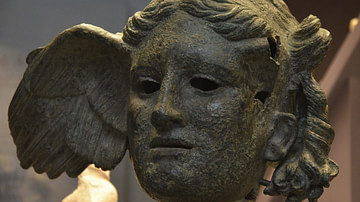
Definition
Mythology
Myths are a part of every culture in the world and are used to explain natural phenomena, where a people came from and how their civilization developed, and why things happen as they do. At their most basic level, myths comfort by giving...
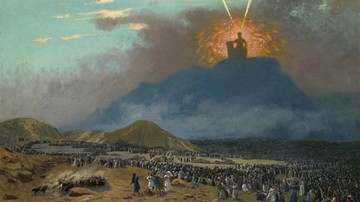
Definition
Moses
Moses (c. 1400 BCE) is considered one of the most important religious leaders in world history. He is claimed by the religions of Judaism, Christianity, Islam and Bahai as an important prophet of God and the founder of monotheistic belief...
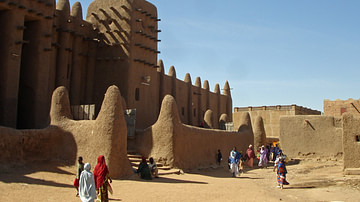
Definition
Mali Empire
The Mali Empire (1240-1645) of West Africa was founded by Sundiata Keita (r. 1230-1255) following his victory over the kingdom of Sosso (c. 1180-1235). Sundiata's centralised government, diplomacy and well-trained army permitted a massive...